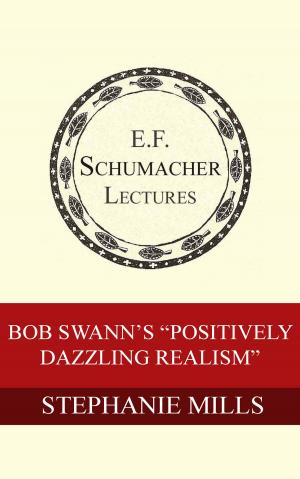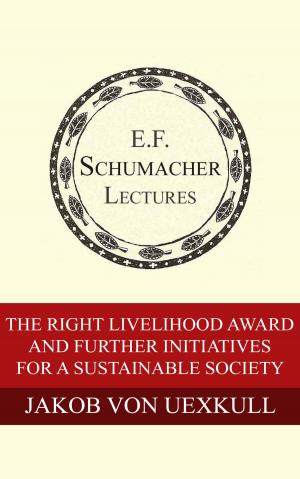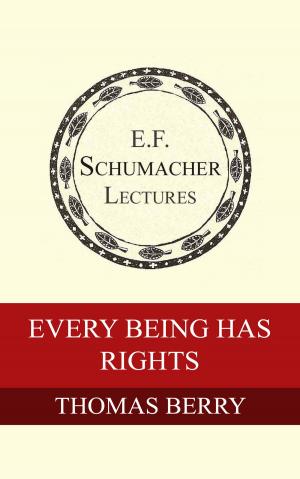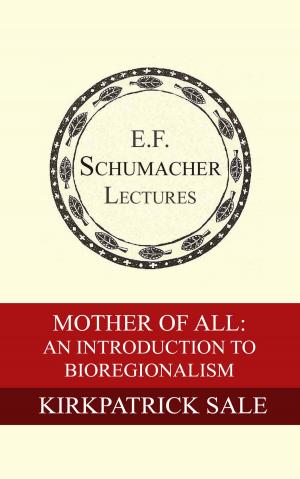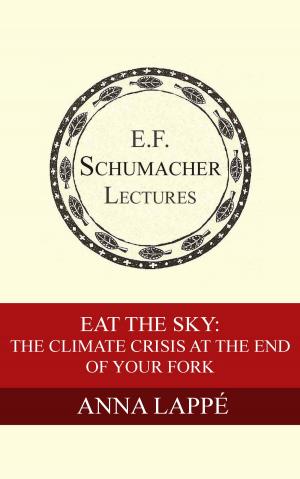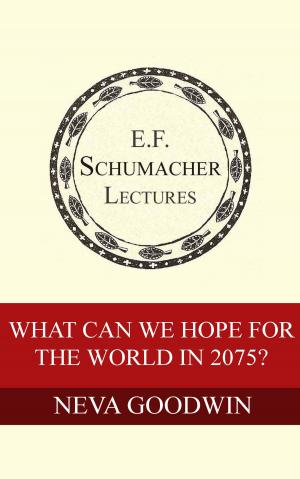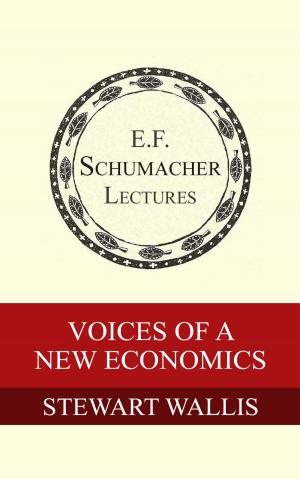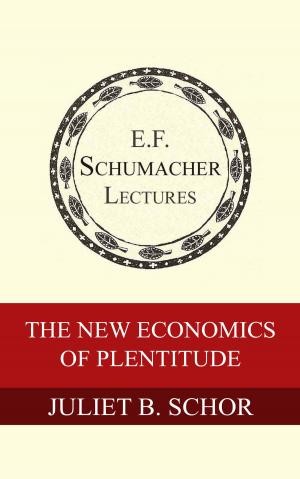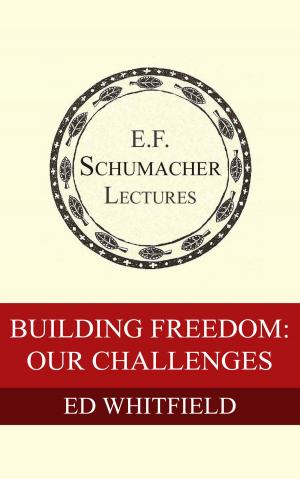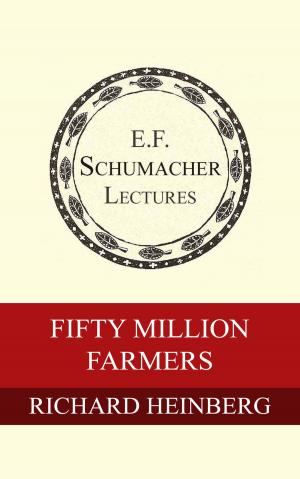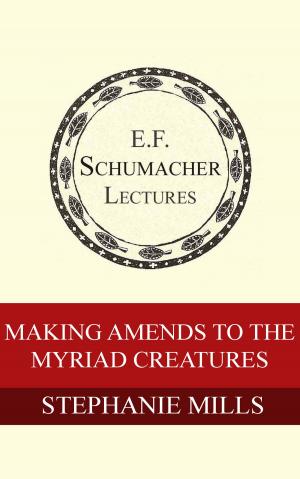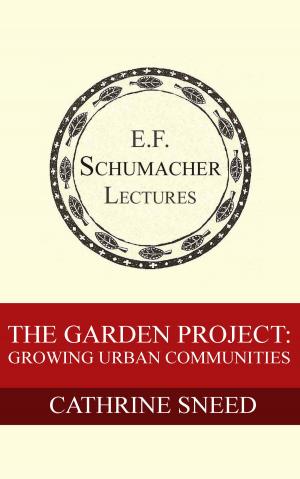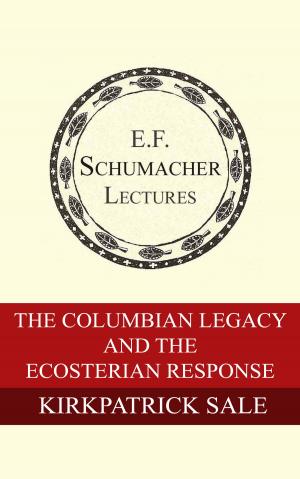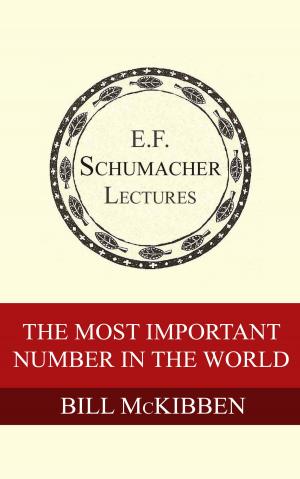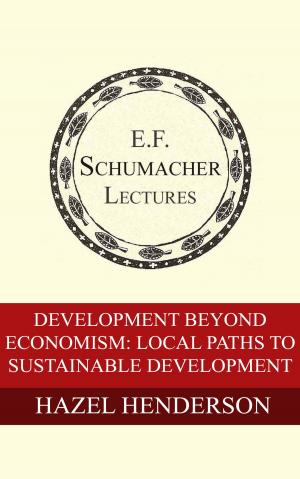What is a Work of Art in the Age of $120,000 Art Degrees?
“Entrepreneurs of the Self” in the New Economy
Business & Finance, Economics, Urban & Regional, Entrepreneurship & Small Business, New Business Enterprises| Author: | Caroline Woolard, Hildegarde Hannum | ISBN: | 1230000824842 |
| Publisher: | Schumacher Center for a New Economics | Publication: | December 3, 2015 |
| Imprint: | Language: | English |
| Author: | Caroline Woolard, Hildegarde Hannum |
| ISBN: | 1230000824842 |
| Publisher: | Schumacher Center for a New Economics |
| Publication: | December 3, 2015 |
| Imprint: | |
| Language: | English |
The collection of lectures and publications from the Schumacher Center for a New Economics represents some of the foremost voices on a new economics.
Caroline Woolard’s story begins with the decision that she would not put any money into paying rent but rather put every dollar she made into artwork for public places. It is a story of self and a search for places where voluntary reciprocal exchange can thrive. In describing the launch of the community skill-sharing network known as Trade School, her barter and solidarity-economies class at the New School, and the creation of the Exchange Café at the Museum of Modern Arts, Woolard shares her insight on what it means to turn a single initiative into a space of coalition building that supports the solidarity economy. She sees a place for artists in the community land trust movement, envisioning what the first community land trust in New York City would look like. The result: an emphasis on place-based organizing and stronger bonds as artists and policy-makers work together to move beyond creative enterprise.
The collection of lectures and publications from the Schumacher Center for a New Economics represents some of the foremost voices on a new economics.
Caroline Woolard’s story begins with the decision that she would not put any money into paying rent but rather put every dollar she made into artwork for public places. It is a story of self and a search for places where voluntary reciprocal exchange can thrive. In describing the launch of the community skill-sharing network known as Trade School, her barter and solidarity-economies class at the New School, and the creation of the Exchange Café at the Museum of Modern Arts, Woolard shares her insight on what it means to turn a single initiative into a space of coalition building that supports the solidarity economy. She sees a place for artists in the community land trust movement, envisioning what the first community land trust in New York City would look like. The result: an emphasis on place-based organizing and stronger bonds as artists and policy-makers work together to move beyond creative enterprise.

